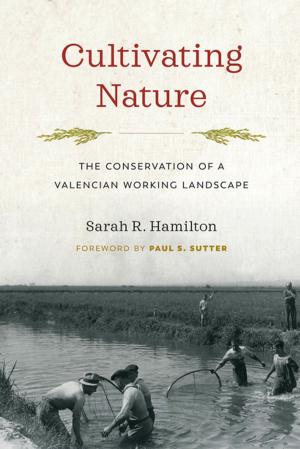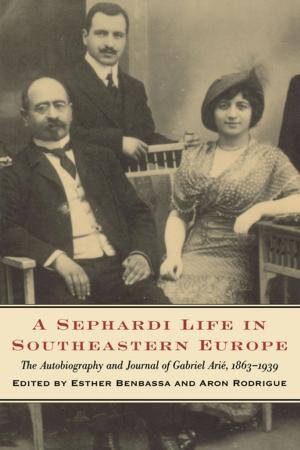Molecular Feminisms
Biology, Becomings, and Life in the Lab
Nonfiction, Social & Cultural Studies, Social Science, Gender Studies, Feminism & Feminist Theory, Science & Nature, Science, Other Sciences, Philosophy & Social Aspects, Women&| Author: | Deboleena Roy | ISBN: | 9780295744117 |
| Publisher: | University of Washington Press | Publication: | November 10, 2018 |
| Imprint: | University of Washington Press | Language: | English |
| Author: | Deboleena Roy |
| ISBN: | 9780295744117 |
| Publisher: | University of Washington Press |
| Publication: | November 10, 2018 |
| Imprint: | University of Washington Press |
| Language: | English |
�Should feminists clone?� �What do neurons think about?� �How can we learn from bacterial writing?� These provocative questions have haunted neuroscientist and molecular biologist Deboleena Roy since her early days of research when she was conducting experiments on an in vitro cell line using molecular biology techniques. An expert natural scientist as well as an intrepid feminist theorist, Roy takes seriously the expressive capabilities of biological �objects��such as bacteria and other human, nonhuman, organic, and inorganic actants�in order to better understand processes of becoming. She also suggests that renewed interest in matter and materiality in feminist theory must be accompanied by new feminist approaches that work with the everyday, nitty-gritty research methods and techniques in the natural sciences.
By practicing science as feminism at the lab bench, Roy creates an interdisciplinary conversation between molecular biology, Deleuzian philosophies, science and technology studies, feminist theory, posthumanism, and postcolonial and decolonial studies. In Molecular Feminisms she brings insights from feminist and cultural theory together with lessons learned from the capabilities and techniques of bacteria, subcloning, and synthetic biology to o er tools for how we might approach nature anew. In the process she demonstrates that learning how to see the world around us is also always about learning how to encounter that world.
�Should feminists clone?� �What do neurons think about?� �How can we learn from bacterial writing?� These provocative questions have haunted neuroscientist and molecular biologist Deboleena Roy since her early days of research when she was conducting experiments on an in vitro cell line using molecular biology techniques. An expert natural scientist as well as an intrepid feminist theorist, Roy takes seriously the expressive capabilities of biological �objects��such as bacteria and other human, nonhuman, organic, and inorganic actants�in order to better understand processes of becoming. She also suggests that renewed interest in matter and materiality in feminist theory must be accompanied by new feminist approaches that work with the everyday, nitty-gritty research methods and techniques in the natural sciences.
By practicing science as feminism at the lab bench, Roy creates an interdisciplinary conversation between molecular biology, Deleuzian philosophies, science and technology studies, feminist theory, posthumanism, and postcolonial and decolonial studies. In Molecular Feminisms she brings insights from feminist and cultural theory together with lessons learned from the capabilities and techniques of bacteria, subcloning, and synthetic biology to o er tools for how we might approach nature anew. In the process she demonstrates that learning how to see the world around us is also always about learning how to encounter that world.















